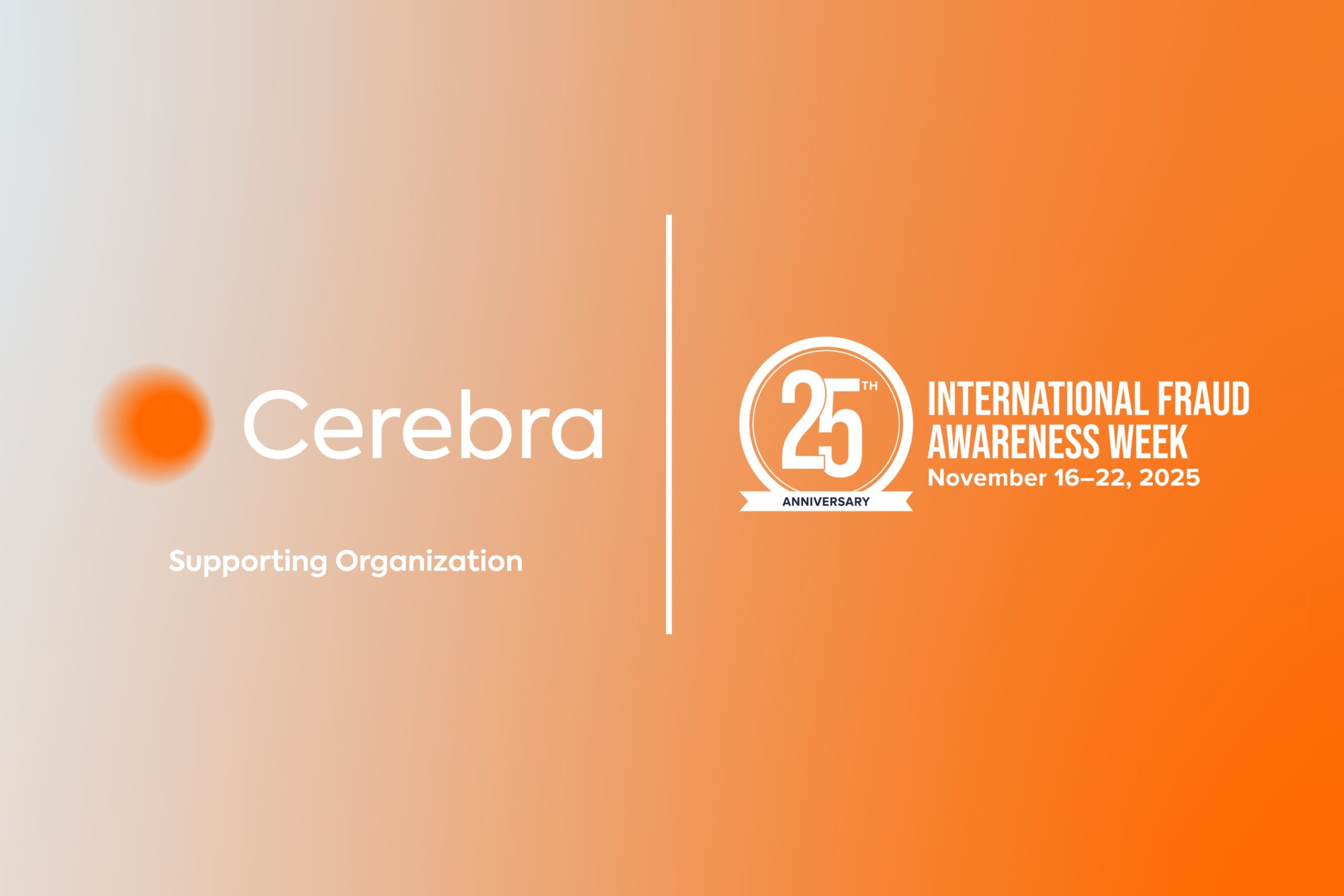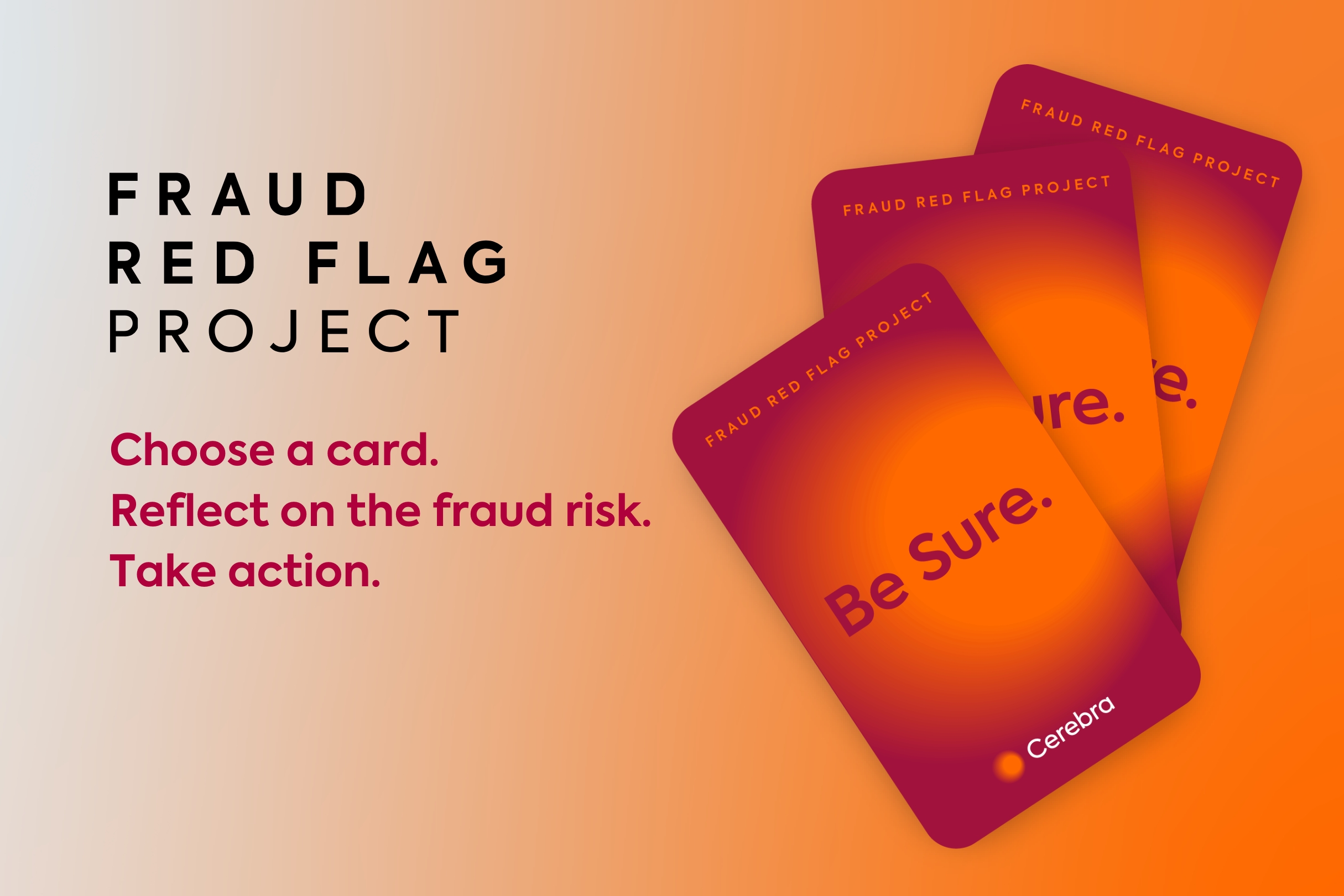
Don’t give fraudsters
a chance!
Fraudsters are opportunistic, exploiting vulnerabilities in your controls. By fostering a deterrent atmosphere within your company, you can effectively prevent fraud and mitigate its repercussions.
Would you rather prevent fraud or bear its cost?
The cost of preventing fraud is far less than the cost of dealing with its consequences.
The adage ‘prevention is better than cure’ rings especially true in fraud risk management. The costs of preventing fraud pale in comparison to the financial and reputational fallout it leaves in its wake.
Fraudsters are adept at exploiting vulnerabilities in your controls, whether through soliciting bribes from business partners, embezzling assets, or manipulating financial records. Their main strategy is to gain the trust of honest people and commit fraudulent activities by deceiving them. They constantly develop new tactics to sustain their illegal actions and avoid detection.
In this unequal contest, honest companies often find themselves ill-equipped to fend off such threats.
Companies can suffer various adverse impacts from instances of fraud. While losing 5 percent of annual revenue to fraud is an important fact, this is only the cost dimension of fraud. Other negative effects such as loss of reputation, erosion of ethical culture, deterioration of trust, employee demotivation, operational disruptions and legal entanglements should also be considered.
How can you address such a critical threat?
At Cerebra, we firmly believe in the proactive prevention of fraud over its mere detection. Our approach hinges on anticipating fraud risks beforehand.
Fostering a deterrent atmosphere within your company can effectively thwart fraud and mitigate its repercussions. This involves pinpointing weak spots susceptible to fraud, bolstering them through periodic spot checks, and conducting audits to scrutinize potential signs of fraud in high-risk areas. This comprehensive strategy serves as a robust roadmap for your organization.
The most insidious form of fraud is one that persists unnoticed for an extended period. Let’s collaborate to unearth and combat your company’s vulnerabilities together!
Fraud Risk Management Services
Contact Us











